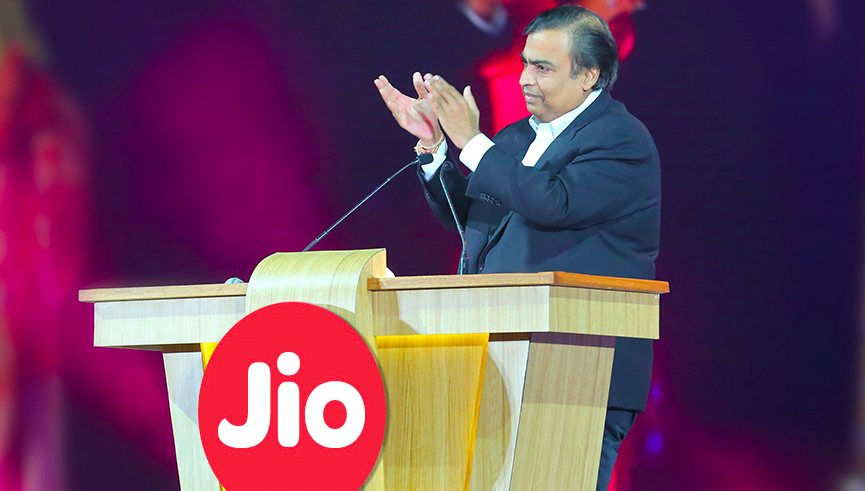The Telecom Regulatory Authority of India has reportedly declared after due examination that the tariff plans being offered by new entrant Jio do not violate any of the regulations or existing tariff orders. This came in response to a plea raised by Bharti Airtel and Idea cellular against TRAI to the Telecom Tribunal TDSAT whereby it had accused the regulator of allowing Jio to continue itss free offering beyond 90 days.

As reported by Economic Times, TRAI is expected to communicate its response to the Incumbent operators soon. TRAI's views are in line with those of the Attorney General who in turn did not find Jio's tariffs as being Predatory as pointed out by the incumbent operators.
As we reported during the hearing at TDSAT yesterday, TRAI counsel submitted that the regulator has already taken a decision on the issue, after which TDSAT directed TRAI to file its decision. The next date of hearing on the matter is February 6.
TRAI had last month demanded Jio to justify as to why its introductory promotional tariffs should be considered as non predatory and also to prove as to how they do not violate any of the existing regulations and tariff orders. In response Jio had stated that the welcome offer and happy new year offer were considerably different, where the former provided 4GB free high speed data and latter provides only 1GB per day, also the HNY offer has the provision to top up for restoring high speed data beyond FUP which the welcome offer lacked.
In terms of market dominance, Reliance Jio said it accounts for 6 per cent market share in the country whereas the Competition Commission of India (CCI) norms specify 30 per cent threshold to trigger the misuse of market dominance clause.
This spells relief for Jio and increased woes in terms of loss of revenue for the incumbent operators. Other sources have revealed that Jio may consider extending similar offering post 31st March at a negligible recharge denominations to test the price point that its subscribers would be willing to pay for the services and to prevent mass disconnections at the end of the free ride.















